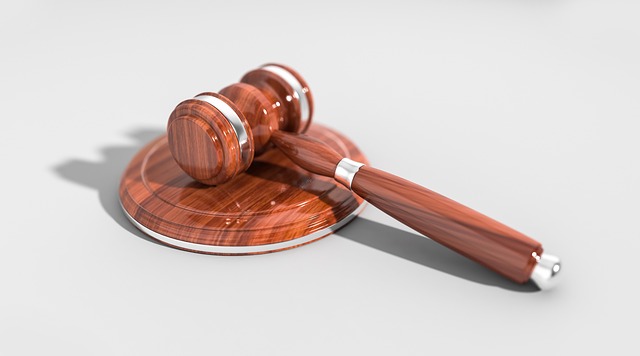Selecting law office equipment involves prioritizing processing speed, storage, and display quality for efficient document management and secure data handling. Monitors with adjustable stands and high resolutions, wireless connectivity, ergonomic design, and energy efficiency are essential. LED monitors offer energy efficiency and clear visuals. Cloud-based storage services enhance digital file accessibility, while on-site solutions like external hard drives ensure robust security. Robust cybersecurity measures, including firewalls and encryption, protect sensitive client data, adhering to legal privacy standards.
In today’s digital age, choosing the right computers and monitors is crucial for efficient legal practice. This comprehensive guide navigates the essential features and considerations for law office equipment, from understanding unique requirements to selecting optimal monitor types and storage solutions. We explore networking and security aspects, ensuring your law office stays ahead in a rapidly evolving technological landscape. By the end, you’ll be equipped to make informed decisions for enhancing productivity and managing digital files effectively.
- Understanding Legal Practice Requirements
- Essential Features for Law Office Computers
- Monitor Types and Sizes for Efficiency
- Storage Solutions for Digital Files
- Networking and Security Considerations
Understanding Legal Practice Requirements
Understanding the specific needs of a law office is paramount when selecting appropriate computer and monitor setups. Legal practice requirements often involve extensive document review, research, and case management software utilization. Therefore, powerful yet efficient hardware is essential to streamline workflow and enhance productivity.
The right combination of computers and monitors should prioritize processing speed, storage capacity, and display quality. Law office equipment designed for legal professionals typically offers advanced security features, such as encryption and data protection mechanisms, ensuring sensitive client information remains secure. Additionally, ergonomic considerations are vital to prevent fatigue during long working hours, promoting a healthy work environment.
Essential Features for Law Office Computers
When setting up a law office, selecting the right computers and monitors is paramount. Key features for legal practice include robust processing power to handle complex software, ample RAM for multitasking, and fast storage (SSD over HDD) to speed up document access and application loading times. Additionally, consider displays with high resolutions and adjustable stands for comfortable viewing during long working hours.
Legal professionals often require specialized tasks like document review, research, and case management, so ensure the chosen equipment supports these functions effectively. Wireless connectivity, ergonomic design, and energy efficiency are also essential aspects of modern law office equipment.
Monitor Types and Sizes for Efficiency
Choosing the right monitor goes hand in hand with selecting quality law office equipment. For legal professionals, efficiency is key, and this begins with a suitable display that accommodates various tasks like document review, case research, and video conferencing. Monitor types vary, offering distinct advantages; for instance, LED monitors are energy-efficient and provide crisp visuals, ideal for prolonged use.
When it comes to size, larger screens (27 inches and above) offer more real estate, enhancing multitasking capabilities. However, smaller displays (24 inches or less) are space-efficient and reduce eye strain during long work hours. Considering your desk setup and personal preferences, selecting the appropriate monitor size ensures optimal workflow and comfort in your law office.
Storage Solutions for Digital Files
In a modern law office, efficient storage solutions for digital files are paramount. With an increasing number of documents and cases going paperless, having robust and secure systems in place is essential. Cloud-based storage services offer a convenient and accessible method to store, retrieve, and share legal files remotely. These services ensure data backup, allowing for easy recovery in case of hardware failures or accidental deletion.
For on-site storage, law office equipment such as external hard drives and network-attached storage (NAS) devices provide additional security and control over sensitive data. These solutions enable efficient organization and quick access to files, ensuring that attorneys and support staff can work seamlessly with digital documentation.
Networking and Security Considerations
When setting up a law office, selecting robust and secure computer networks and monitors is paramount. Law offices handle sensitive client data, so investing in reliable cybersecurity measures is non-negotiable. This includes installing firewalls, antivirus software, and regular system updates to protect against malware and unauthorized access.
Choosing the right hardware involves considering features that enhance security, such as encryption capabilities, secure boot options, and hardware-based data protection. Additionally, a robust network infrastructure with strong encryption for wireless connections is vital to ensure client information remains confidential, adhering to legal privacy standards and ethical practices in the digital age.
When equipping a law office, selecting the right computers and monitors is essential. By understanding your practice’s unique requirements, choosing features that enhance productivity, and prioritizing efficient storage and security measures, you can create an optimized workspace. Investing in high-quality law office equipment ensures professionals have the tools they need to manage digital files effectively, navigate complex cases, and deliver top-tier legal services.
